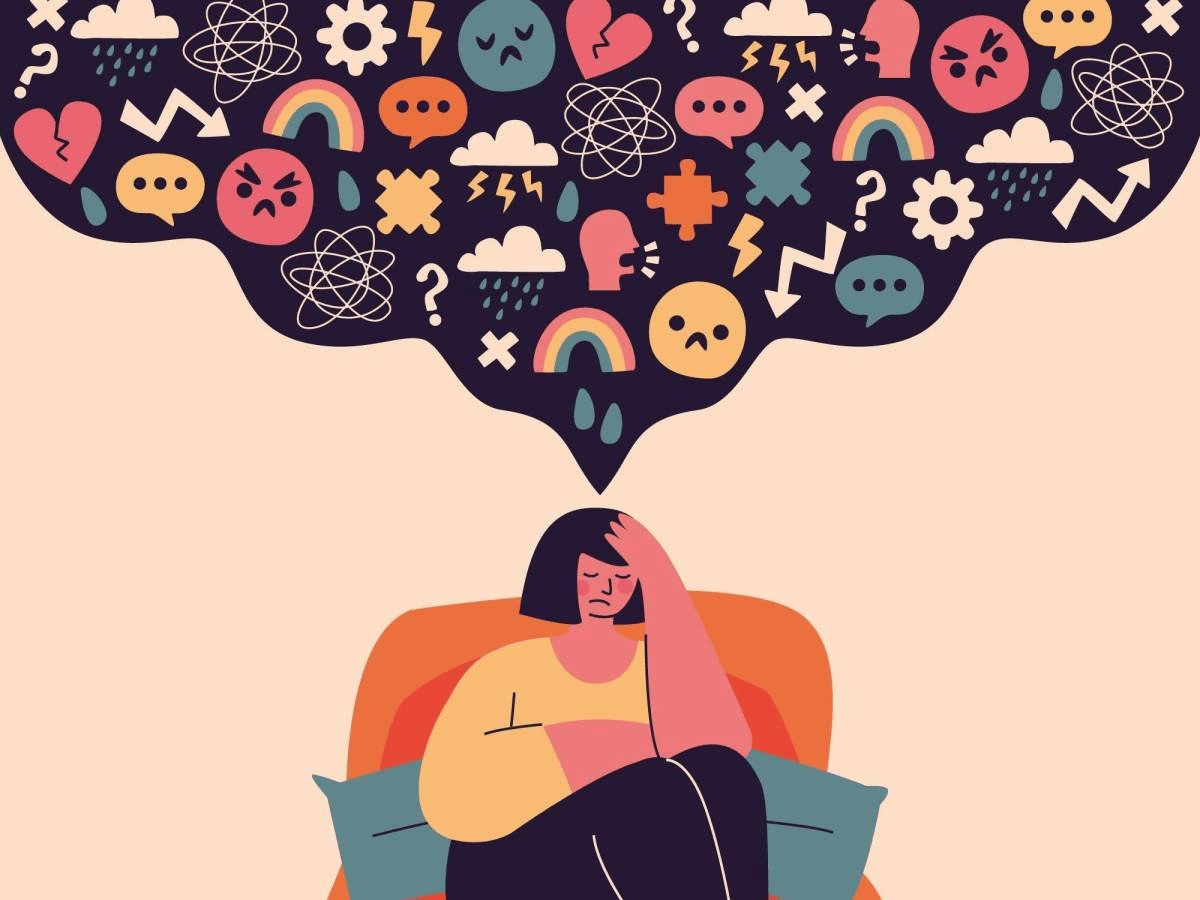In recent years, the significance of psychological well-being in women has gained increasing recognition, underscoring the unique challenges and pressures that they face. Addressing this aspect of health is not only crucial for their overall well-being but also for the health of our communities and society at large.
This blog post delves into the importance of safeguarding mental resilience in women, exploring how societal, biological, and personal factors intertwine to influence their psychological health.
Understanding the Landscape
The landscape of mental health for women is multifaceted, shaped by a variety of factors ranging from biological to societal. Women face unique challenges that can significantly impact their psychological well-being, including gender discrimination, societal expectations, and the balancing act of professional and personal life.
Hormonal changes, such as those occurring during menstruation, pregnancy, and menopause, also play a key role in influencing mood and overall mental health. These biological differences necessitate a gender-specific approach to mental health care.
Furthermore, the prevalence of certain mental health conditions, such as depression and anxiety, is higher in women compared to men, highlighting the need for targeted interventions and support systems.
The Stigma Barrier
Despite the growing awareness, stigma and stereotypes related to mental health issues still pose significant barriers for women seeking help. The fear of judgment or discrimination can deter women from accessing the necessary care and support, exacerbating their struggles in silence.
Breaking down these barriers through education and open conversations is essential to fostering a supportive environment where women feel empowered to seek help.
Socio-economic Factors
The socio-economic status of a woman plays a crucial role in determining her access to mental health resources. Economic constraints, lack of education, and limited access to healthcare services can impede a woman’s ability to receive proper mental health care.
Addressing these disparities is critical in making mental health care accessible to all women, regardless of their socio-economic background.
The Power of Support Systems
Support systems, both formal and informal, are invaluable to women navigating mental health challenges. The presence of a robust support network, including family, friends, and mental health professionals, can significantly influence a woman’s journey towards healing and resilience.
Encouraging the development of these networks is vital in creating a safety net for those in need.
Promoting Mental Health Awareness
Raising awareness about the mental health issues faced by women is a critical step in destigmatizing these conditions and promoting a culture of support and empathy. Educational campaigns and initiatives play a key role in shedding light on these issues, empowering women to prioritize their mental health.
The Benefits of Early Intervention
Early intervention can profoundly impact the trajectory of a woman’s mental health journey. Recognizing the signs of mental distress and seeking prompt assistance can prevent conditions from worsening, fostering a path towards recovery and well-being.
Embracing Self-Care
Self-care is a powerful tool in maintaining and enhancing mental health. For women, incorporating self-care practices into their daily routines — such as mindfulness, exercise, and adequate rest — can bolster resilience against stress and improve overall quality of life.
Mental Health Resources and Access
Access to mental health resources is crucial in supporting women’s mental health. This includes affordable healthcare services, counseling, and community programs tailored to the needs of women.
Advocating for policies that improve access to these resources is essential in building a more inclusive and supportive mental health care system.
In conclusion, the mental well-being of women is a critical aspect of public health that requires our collective attention and action. By addressing the unique challenges faced by women, breaking down stigma, and improving access to resources, we can pave the way for a healthier, more resilient society. Let’s commit to promoting mental health awareness and support for women at every level of our communities.


